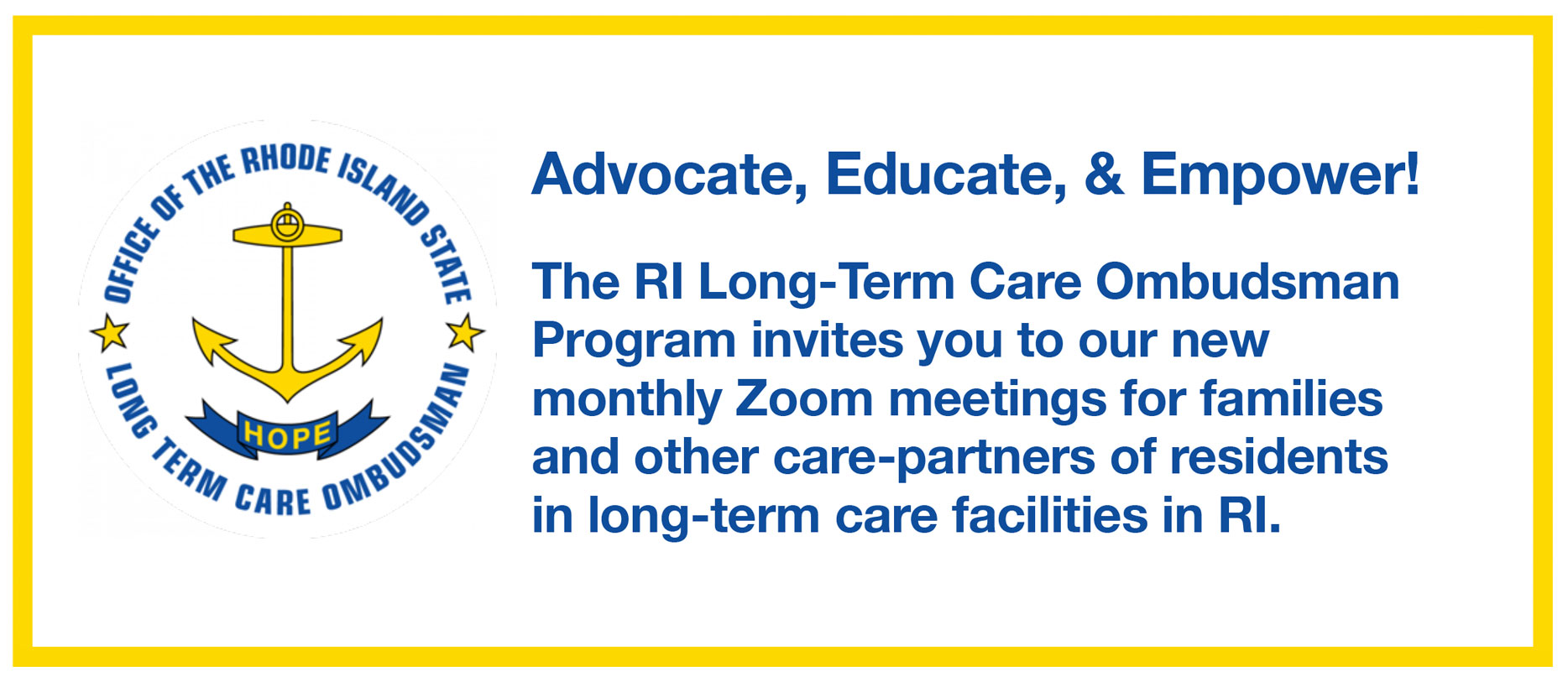Bringing Building Bridges Back
Like many in-person programs, Building Bridges was paused during the COVID-19 pandemic to protect the health and safety of residents and students. The Alliance is now proud to relaunch Building Bridges, renewing a program that has brought joy, connection, and
Honoring Catherine Gergora: A Memorial Fund Supporting Long-Term Care Advocacy
The Catherine Gergora Memorial Fund was created to honor the life and legacy of Catherine Gergora, a fierce advocate, trusted colleague, and compassionate champion for residents in long-term care.
A Bridge Over Scary Water: Ombudsman Program Strategies and Barriers in Addressing Residents’ Fear of Retaliation in Long-Term Care Homes
A recent study examined the lived experience of fear of retaliation and retaliation in 100 nursing homes in 30 states (Caspi, 2024). These studies suggest that fear of retaliation represents a strong barrier for reporting care concerns, rights violations, and
Mark Your Calendar: 401Gives Starts at Midnight on April 1st
401Gives is a statewide day of giving that brings Rhode Islanders together to support local nonprofits. The Alliance for Better Long Term Care is participating to help ensure that seniors and adults with disabilities receive the care, dignity, and protection
What to Know About the Residents Rights Camera Law
Rhode Island's Resident Rights Camera Law goes into effect 1/30/25. This law gives residents of nursing homes and assisted living residences the right to have a security-type camera in their room if they choose, with a number of qualifications.
How to Overcome the Fear of Retaliation and Advocate for Quality Care
Retaliation, in the case of long-term care, refers to the act of revenge by facility staff in response to a complaint by a resident or loved one. This fear of retaliation may deter individuals from speaking up when they feel their
Remaining Vigilant: Reporting Signs of Elder Abuse at Long-Term Care Facilities
Every year on June 15, World Elder Abuse Awareness Day (WEAAD) provides an opportunity for all of us to promote dialogue and action on the issue of elder abuse, neglect, and exploitation.
Amplifying Their Voices: Ensuring Quality Care for Long-Term Care Residents
Advocating for residents in long-term care facilities is not just a moral imperative; it is an essential responsibility that protects residents’ quality of care and quality of life.
Long-Term Care Ombudsman Program Zoom Family Meetings
The RI Long-Term Care Ombudsman Program invites you to our new monthly Zoom meetings for families and other care-partners of residents in long-term care facilities in RI.
Understanding the 5 Stages of Grief
As we age, the likelihood of experiencing a loss due to death increases with each passing year. For older adults (those who are 65 and older), and indeed for adults who are younger than this, the first major loss we












